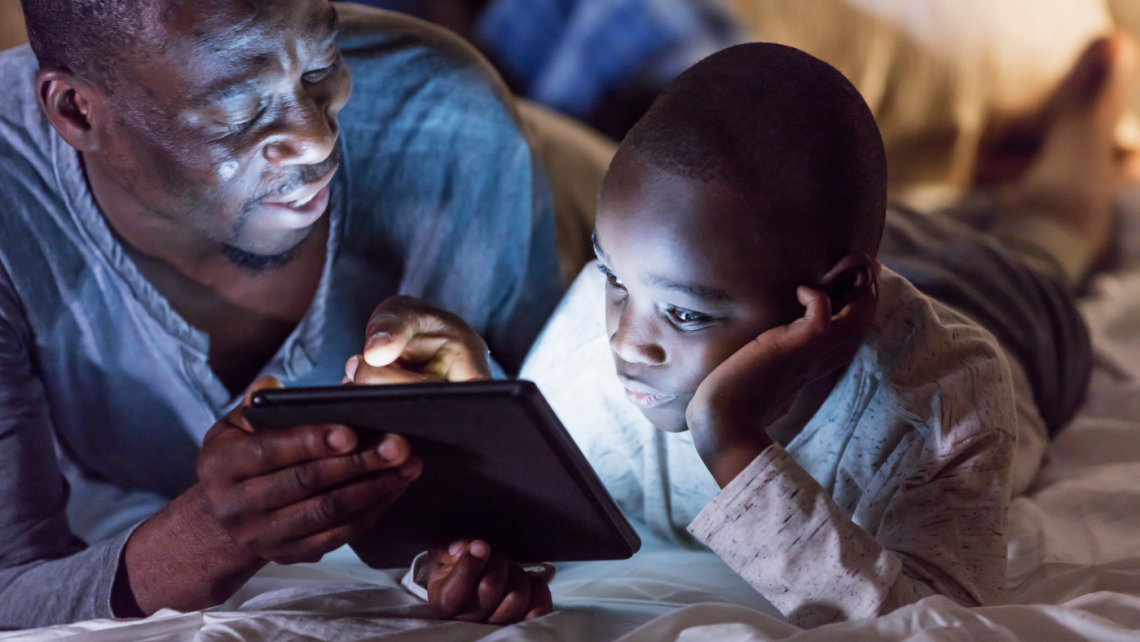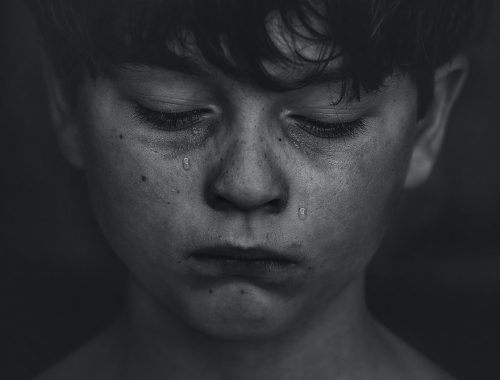
When to Tell Kids About Bad News Events – Part 2
We will now continue to discuss when to tell kids about bad news events.
Sometimes, It’s OK Not to Share.
Consuming all of the information and feeling like you have to check the latest disaster without providing some room to breathe can actually cause more stress and anxiety. It’s like you’re carrying this backpack of information around at this time and you have to put it down. The same goes for what information you’re telling your children about. Sometimes you have to disengage or discuss events more broadly without going into every individual situation.
The decision of whether to tell your child about a bad news event should be based on several factors. Age and temperament are big ones.
Preschool children have far fewer cognitive and emotional abilities to understand unprecedented and upsetting world events than third or fourth graders. You also want to consider your child’s unique temperament. Anxious children can get easily overwhelmed by such news and will have difficulty shutting down or compartmentalizing their thoughts and emotions when it’s time to do schoolwork or play.
Another critical factor is the amount and type of information communicated in the environments your child frequents.
Think about what the likelihood is that your child will hear about the event at school. You have to remember that news trickles down from older students and older siblings at home. While you can shield a single child at home, you can’t control what’s discussed at school.
Again, younger children are less likely to hear about news events at school, but once they’ve reached the 9-11 age range, smartphones and social media might be in the picture. Thus, the communication channels increase.
Be Strategic About Timing
If you decide to talk to your child about something bad happening in the news, be strategic about the timing of the conversation.
It’s essential to consider when to discuss difficult national or world events with a child. Make sure there is ample time to discuss questions they may have or talk through their concerns with them.
It is not advisable to have these conversations right before bedtime or as they’re on their way out the door to go to school or hang out with friends. It is best to avoid discussing complex events while they’re feeling extremely overwhelmed themselves.
It is often helpful for parents to let their children know that they are deeply troubled by a difficult world event. Depending on the situation, it’s often acceptable to cry. But if a parent cannot get through a sentence without sobbing, yelling or displaying uncontrollable emotion, it’s probably not the right time to have the conversation.
Check in with yourself and take the time to process your feelings before talking to your children. You’ll set the emotional tone for the conversation.
Tailor the Conversation to Your Child’s Developmental Level

Parents should consider their children’s age and developmental level when determining how to talk to them about news events and which specific aspects to share.
Difficult events are typically highly complex and contain nuances, subtleties and competing perspectives far beyond younger children’s capacity to comprehend. When working with younger children, parents will want to be somewhat brief and concrete. They should start by asking the child what, if anything, they may have already heard. Follow their lead.
Use simple language with young children to give them a sense of what’s happening and then ask if they have any questions. Be sure to check in with them afterward.
With older children, parents want to teach their children to be prepared, not panicked. How can they take action to protect themselves? It’s also productive and healing for families to brainstorm ways to help those affected by the news.
For younger children, this may be writing thank-you cards to the heroes of a difficult situation. With older children and adolescents, being a part of the solution may entail donations, volunteer work, raising awareness and committing to learning more.
Whatever their age, it’s best to avoid sharing particularly gruesome or graphic details. Just convey honest, developmentally appropriate information and pay attention to their responses.
Be Open and Reassuring
Parents should listen while comforting. Children might be afraid or ask if this will happen to them. Help them cope with their worries and feel in control of these situations. Put it all in context for them. Explain the big picture, remind your child there is more good than bad in this world and give examples of the good.
Parents should also encourage their children to share their feelings, help them name their emotions and reassure them that it’s normal and OK to feel that way. Foster a judgment-free zone.
Always end the discussion of bad news with strong statements like, ‘Your parents are here to always protect you,’ ‘Our home, community and family are safe,’ or ‘That’s our primary, fundamental job as parents ― to make you safe!’
Let us know in the comments how you deal with having conversations about bad news events with your kids.
You May Also Like

The Psychology of Megalomania
2022-07-13
The Ridiculously Comprehensive Guide to Meditating
2021-11-23
